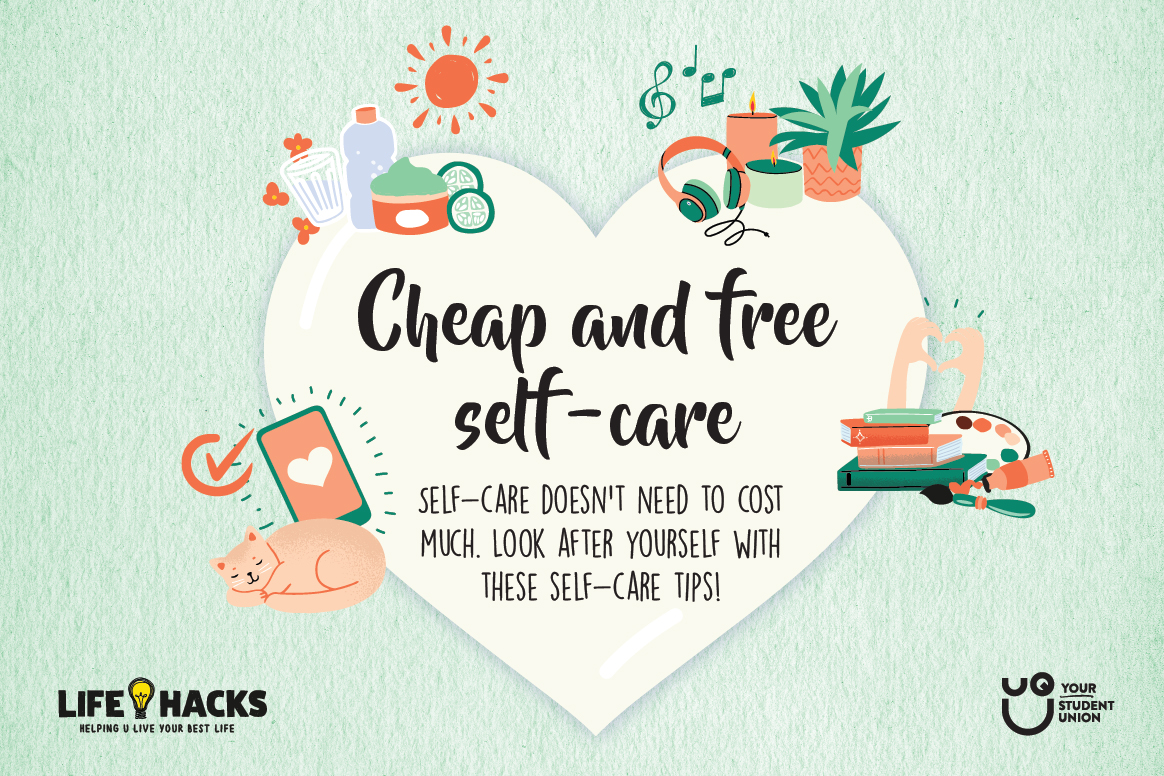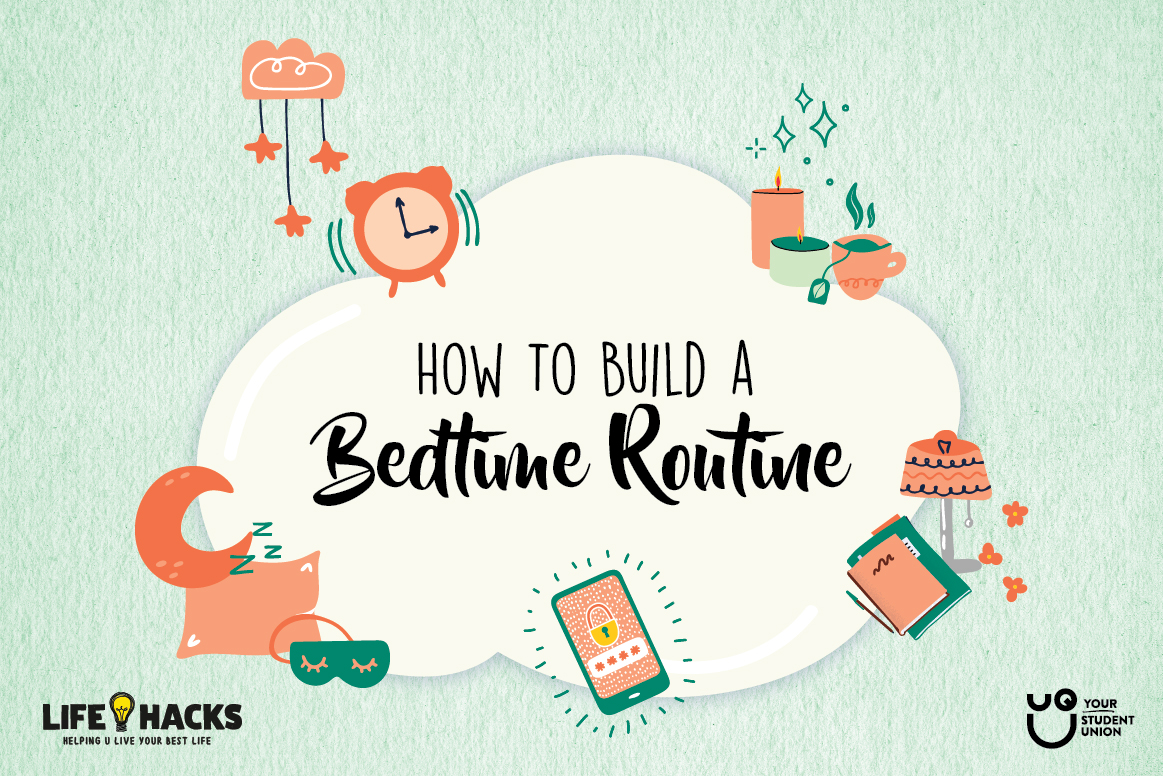Often, allies come together to uplift and strengthen the community. And while there is no cookie-cutter way of being an ally, doing so requires education, advocacy, action, and a desire to learn from your mistakes. Here are some tips for how you can be a good ally and help to create a more welcoming and safe environment for LGBTIQA+ people in your life.
Note: The term LGBTIQA+ refers to people who identify as Lesbian, Gay, Bisexual, Transgender, Intersex, Questioning and other gender non-conforming identities. It’s important to note that LGBTIQA+ does not cover the full range of sexualities that people identify as.
Being a Good Ally for LGBTIQA+ People
Use the right language
Inclusive language is a great way to create a safe and welcoming environment for LGBTIQA+ people. Spend some time learning precise terminology that encapsulates how that person identifies. If in doubt, ask! LGBTIQA+ people are usually happy to tell you what their preference is.
Helpful tips
- Use the term ‘partner’ instead of assuming someone’s prospective date or significant other’s gender.
- Not everyone will get the language right, but don’t be afraid to apologise and ask how you can use more inclusive language in the future.
- Introduce yourself with your pronouns (e.g. he/him, she/her, they/them)
Maintain confidentiality
To an LGBTIQA+ person, confiding in someone about their identity can take a lot of courage. It is very important that you keep any information people share about themselves confidential. If you talk to someone else about an LGBTIQA+ person, you might accidentally ‘out’ them, which can have serious social, emotional and sometimes safety repercussions for that person. Maintaining confidentiality demonstrates support for the person, developing a foundation of trust, safety and a stronger relationship.
Helpful tip
- Coming out is a deeply personal decision that usually indicates a high level of trust in you, you should never break that trust by disclosing this information without the other person’s consent.
Call out homophobia and transphobia when you see it
Call out homophobic and transphobic behaviour when you see it. By actively addressing homophobia and transphobia you are showing LGBTIQA+ people that they are worthy of safety and respect, and you are showing them that you are a safe person that they can trust.
Helpful tip
- Homophobic and transphobic behaviour can be discriminatory words/slurs, actions that exclude or hurt LGBTIQA+ people as well as perpetuation of stereotypes.
Know when and where to seek LGBTIQA+ specific help
Being aware of LGBTIQA+ specific supports is a good way to support an LGBTIQA+ person who might be struggling. LGBTIQA+ safe services can make a world of difference for someone seeking help.
Here is a list of LBGTIQA+ specific services in Brisbane:
- Open Doors Youth Service: a youth service for young LGBTIQA+ people aged 12-25
- QLD AIDS Council: independent, community-based health promotion charity which helps all LGBTIQA+ people to achieve the best possible health and well being.
- Rainbow Counselling Service (Relationships Australia): A counselling service for LGBTIQA+ people, as well as their families and Allies
- Open Minds: LGBTIQA+ friendly counselling service
- QLife: provides Australia-wide anonymous, LGBTI peer support and referral
- Centre of Human Potential: LGBTIQA+ friendly counselling services
- Stonewall Medical Centre: LGBTIQA+ friendly medical centre specialising in LGBTIQA+ health issues
- LGBTIQA+ Legal Service: Free and confidential legal service for LGBTIQA+ people
- DV Connect: domestic violence service that can cater to LGBTIQA+ clients
Celebrate people for who they are, not just their sexuality
LGBTIQA+ people are more than their gender, body or sexuality. Sometimes when well-meaning people try to be inclusive and safe for LGBTIQA+ people, they unnecessarily draw attention toward differences by overemphasising someone’s gender or sexuality. It is more helpful to recognise we are all human and celebrate the achievements, and other great aspects of individuals as well. Remember, the goal is for a more inclusive community, one where any person’s gender, sexuality or body are all just another part of what makes us all human.
Helpful Tip
- Don’t place so much importance on a person’s gender or sexuality that it becomes their defining feature, remember all people are made up of many different facets that make us all unique
Did you find this article helpful? You might also enjoy our posts about How To Be a Good Ally for LGBTIQA+ People and Understanding the LGBTIQA+ Acronym.
If you are currently dealing with issues around your gender or sexuality you can make a free, confidential appointment with our experienced Welfare Advocate/Social Worker who can support you with this, as well as link you in with other LGBTIQA+ supports and services here.
Please note: This article was written by qualified professionals using evidence based research but is not intended to be a singular resource on the topic. We encourage you to use this as a starting point to conducting your own additional research.




